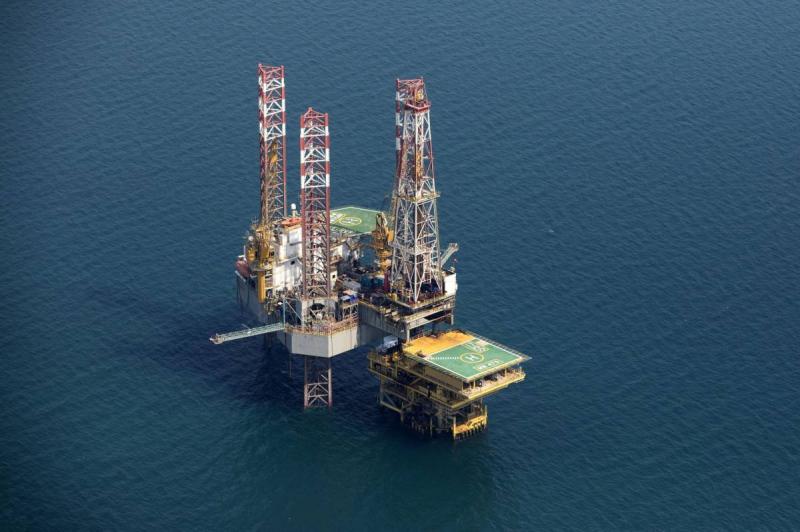The world's recovery from the COVID-19 pandemic has led to a rise in energy, metals, and food prices, benefiting major exporters of basic commodities, while countries that purchase the majority of their raw materials from others have suffered. Commodity prices overall have increased by more than 20% this year, with crude oil prices rising by about 50%. The Bloomberg Commodity Spot Index has reached its highest level in a decade and is heading for a fourth consecutive monthly increase. Major oil and mining companies, awash in liquidity, are returning billions of dollars to shareholders through dividends and buybacks. Few analysts expect the gains to reverse soon, and many believe companies should continue operating. For countries like Russia and Saudi Arabia, the world's largest energy exporters, the future looks promising. However, for others, it puts significant pressure on their balance of payments and currencies, leading to rising inflation.
In the following lines, we present an overview of the benefiting and most vulnerable countries:
**Winners and Losers**
According to a Bloomberg Economics survey of around 45 countries, oil and gas producers in the Gulf Arab region are expected to be the biggest economic winners this year. Both the United Arab Emirates and Qatar will see their net exports rise by more than 10% of GDP compared to 2020, while Saudi Arabia is not far behind. Japan and most Western European countries will be affected, as they will have to spend more on imports of basic commodities. Asia will be the biggest loser, with countries like Vietnam and Bangladesh suffering from higher fuel and food costs.
**Exporters and Importers**
The gains made by commodity exporters are easily outpacing their losses from last year's pandemic outbreak and the collapse in demand for raw materials. Bloomberg Economics estimates that $550 billion will shift from importers to exporters in 2021, nearly doubling the reverse transfer of $280 billion last year when prices collapsed.
Purely, Russia will benefit the most, with its net exports rising by about $120 billion in 2021, followed by Australia, Saudi Arabia, Brazil, and the UAE, each achieving gains exceeding $50 billion. At the same time, China's net exports are expected to decline by about $218 billion, significantly higher than the approximately $55 billion recorded by countries like India and Japan, which follow closely in the negative trend.
**The U.S. and China**
The U.S. will also see its net exports decline but by only $22 billion, a small amount compared to its annual economic output of $21 trillion, following nearly eliminating its dependency on imported goods over the past decade, largely thanks to a massive increase in shale oil and gas production. China has also become less vulnerable, but the improvement has been much less significant, especially concerning energy.
**Food Crisis in the Middle East**
According to United Nations data, food prices around the world have increased over the past 13 months, approaching their highest level since 2011. This presents a particular problem for the Middle East, where rising costs for everything from bread to meat contributed to the outbreak of the Arab Spring protests a decade ago. Currently, seven countries are among the weakest 10 in the region, and according to Bloomberg Economics’ analysis of emerging markets, among those are war-torn Yemen, Sudan, Tunisia, and Algeria, all of which have recently seen significant protests over declining living standards.




